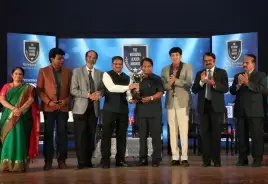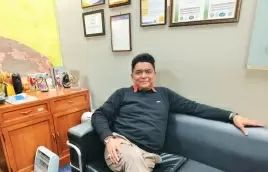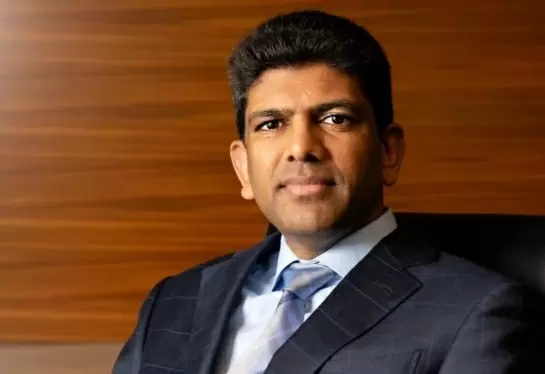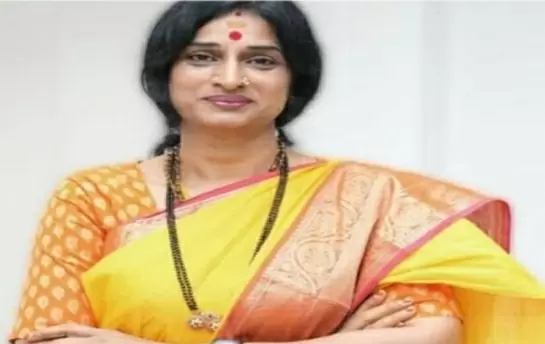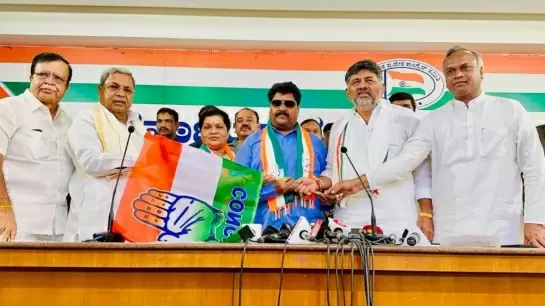Two Kerala sex scandals from different eras

14-February-2013
Vol 4 | Issue 6
Kerala is no stranger to sex scandals involving the political class. In the infamous ice cream parlour case and the Suryanelli case which rocked the State in the last two decades all the politically well-connected have managed to escape the long arm of law so far.
Things were quite different in the early days of independence. In the famous PT Chacko incident of 1963, though no sexual misdemeanor was established, the man in the eye of the storm had to resign and it changed the history of the Congress in Kerala.
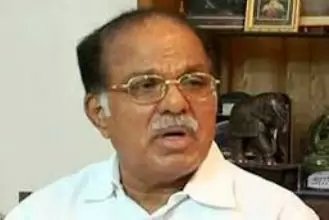 |
|
The Suryanelli rape case continues to haunt Rajya Sabha Deputy Chairman P J Kurien (Photo courtesy: Tehelka)
|
Chacko was the Home Minister in the R Sanker ministry. After successfully piloting the Land Reforms Bill in the Assembly, he decided to take a few days off and relax at the Peechi dam site in Trissur district. He left Thiruvananthapuram in his official car with its red number plate on 8 December.
On reaching Chenganassery, he asked his newly married chauffeur to take the next few days off and drove the car himself. En route, he was joined by a young lady with dark glasses, who was sitting next to the minister when the car hit a cart and the cart driver was thrown into a ditch.
Chacko panicked and fled the scene in his car instead of stopping his vehicle and attending on the injured cart driver. He reached a nearby rubber plantation belonging to one of his friends.
The plantation superintendent sent Chacko in a jeep to the Peechi guest house and the lady with the dark glasses to Trissur in another vehicle. Meanwhile, the district collector of Kottayam on his own arranged to send Mrs. Chacko and his driver to Peechi thinking it would help pass off the lady with dark glasses as the wife of the minister.
As it turned out, the lady with the dark glasses was a young Congress worker, Ms Padma Menon, who was hitching a ride in the minister’s car from Alwaye to Trissur.
Newspapers in Kerala were full of stories about imagined escapade of Chacko and the opposition parties found in it an opportunity to destabilise the Congress government in the State. When the budget session of the Assembly began in the last week of January 1964, there was a persistent demand for Chacko’s resignation.
Chief Minister Sanker was convinced Chacko did no wrong but 27 Congress MLAs led by CM Stephen threatened to resign unless Sanker dropped his Home Minister. Then Prime Minister Lal Bahadur Shastri as well as Kerala VV Giri held Chacko in high esteem but neither tried to bail him out of an embarrassing situation.
Congress president Kamaraj advised Chacko to step down and contest for KPCC presidentship due in the next few months to re-establish his popular standing in the party. Dissension within the State Congress and polaraisation on communal lines ensured Chacko lost the election held on 14 June, 1964.
Having resigned from the Cabinet and losing the race for the leadership of the KPCC, Chacko felt isolated. His supporters organised themselves into a compact group, which included 24 Congress MLAs. Before he could make his next move, Chacko died on 1 August, 1964.
His followers broke away from the Congress and formed the Kerala Congress under the leadership of KM George and brought the Sanker government down by a motion of no-confidence. The congress could never again form a government of its own in Kerala.
By the time the Suryanelli sex scandal broke out in January 1996, the value system and the moral fibre of politicians had undergone a sea change. The Congress was heading the government in Kerala as leader of the United Democratic Front with (Saint) AK Antony as Chief Minister.
A 16-year-old school girl from Suryanelli village in Idukki district was abducted by a bus conductor. She was raped and kept as a sex slave for the next 45 days, during which period, 42 men identified by her had ravaged her. The investigation team was headed by Siby Mathews, then an IGP.
The field investigation was led by KK Joshua, deputy superintendent of police, who found that P J Kurien was among the culprits. His name was expediently kept out of the list of the accused by his immediate boss and Kurien was never called for an identification parade.
Antony was fully aware of what was going on. According to the investigators, Kurien, then a minister of state in the PV Narasimha Rao government, reached the house of one PK Idiculla in Tiruvalla on the afternoon of 19 February, 1996, whereupon he sent away his security staff and official car provided by the State government. Witnesses have spotted Kurien reaching the Kumili panchayat rest house, about 40 km away, after dusk in the white Ambassador car belonging to SS Dharmarajan, an advocate who was also an accused in the case. The Suryanelli victim spent the night at the Kumili panchayat rest house where Kurien reportedly raped her.
The Supreme Court verdict which Kurien wears as a badge of innocence was given by former Chief Justice KG Balakrishnan and Justice RV Raveendran on 15 November, 2007. Instead of adjudicating on the merit of the complaint by the poor victim, the Bench admonished the LDF Kerala government for taking interest in a private complaint and advised the State to approach the magistrate’s court.
The Kerala High Court discharged Kurien from the case because it found the victim “a willing partner” and the allegation of rape “totally unbelievable,” because, in the opinion of the learned judges, the poor victim did not make any attempt to escape from the clutches of her abductors.
The case is nowhere near closure as the family of the victim, which continues to face ostracisation even after 17 years of the incidents, is demanding a fair and impartial reinvestigation of the case even as the State government and the police continue pressurising them not to pursue the case.
The victim was given a lower division clerk’s post in the State government on compassionate ground. Though her job does not involve handling of money, she was accused of defalcation and transferred from one district to another to buy her silence.
Janardhana Kurup, who was the special prosecutor in the case, observed that Siby Mathews ignored the accepted practice of criminal investigation and gave preference to Kurien’s alibis. It was not challenged by the police officer.
Already under a cloud for “unprofessional conduct” in the ISRO espionage case and for falsely implicating scientist Nambi Narayanan who was on the verge of developing a cryogenic engine indigenously, and sending him to jail, Siby Mathews was suitably rewarded for services rendered to his political masters with the prestigious post of Chief Information Commissioner of Kerala, notwithstanding the Supreme Court directive to choose people with legal background.
As a last resort, the mother of the victim has written to Congress president Sonia Gandhi narrating the litany of trauma her daughter and the family went through in the last 17 years.
Her daughter had told the investigators that Kurien was one among those who ravaged her while in the custody of her abductors. A complaint made to AK Antony, who was then the Chief Minister, went unheeded.
“This is heart-breaking. We think, madam, you being the mother of a daughter of similar age as my beloved younger one, will understand the sufferings of a mother. I cannot understand how you will be able to preserve the dignity and self-respect of women of this country by keeping such people (as Kurien) in the leadership of the Congress,” the letter said.
Kurien is the potential Congress candidate for the next Vice-President of the country. The Supreme Court order of 31 January quashing all the acquittals in the Suryanelli rape case and directing reinvestigation when the entire country is debating gender justice and protection and safety of women, gives the UPA government a golden opportunity to demonstrate its sincerity by implementing the recommendations of the Justice Verma Commission in full and reopening the case.
It will be a travesty of justice if Kurien presides over the Rajya Sabha when the Criminal Law (Amendment) Bill is taken up for discussion in the coming days or the Criminal Law (Amendment) Ordinance, 2013, is placed on the table of the House.
Sam Rajappa is Consulting Editor of The Weekend Leader


